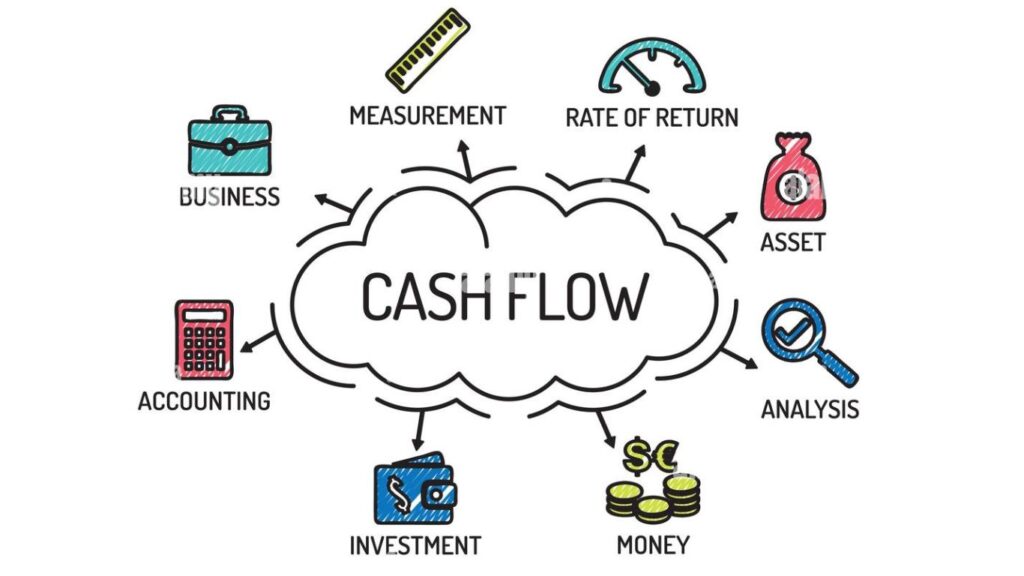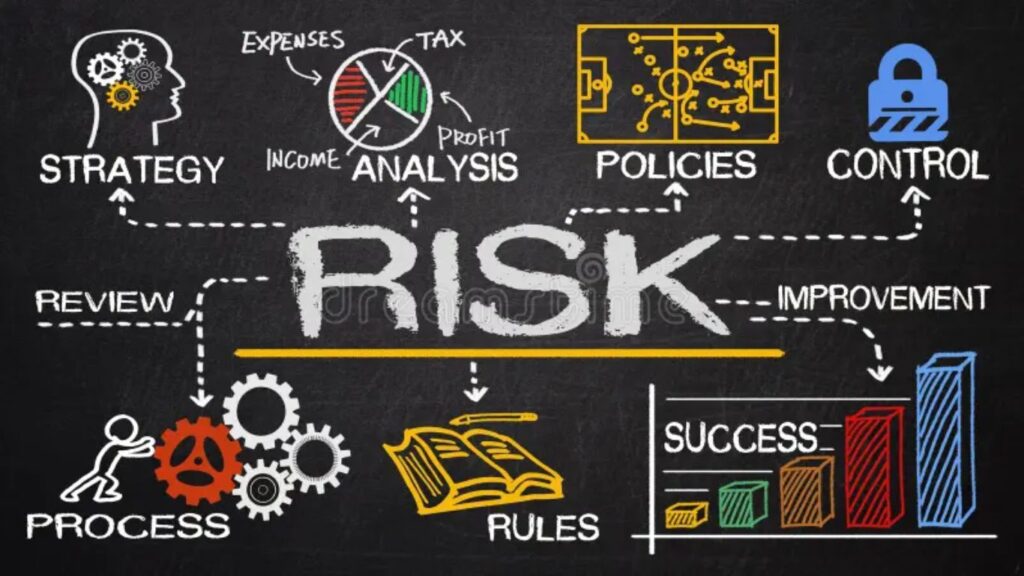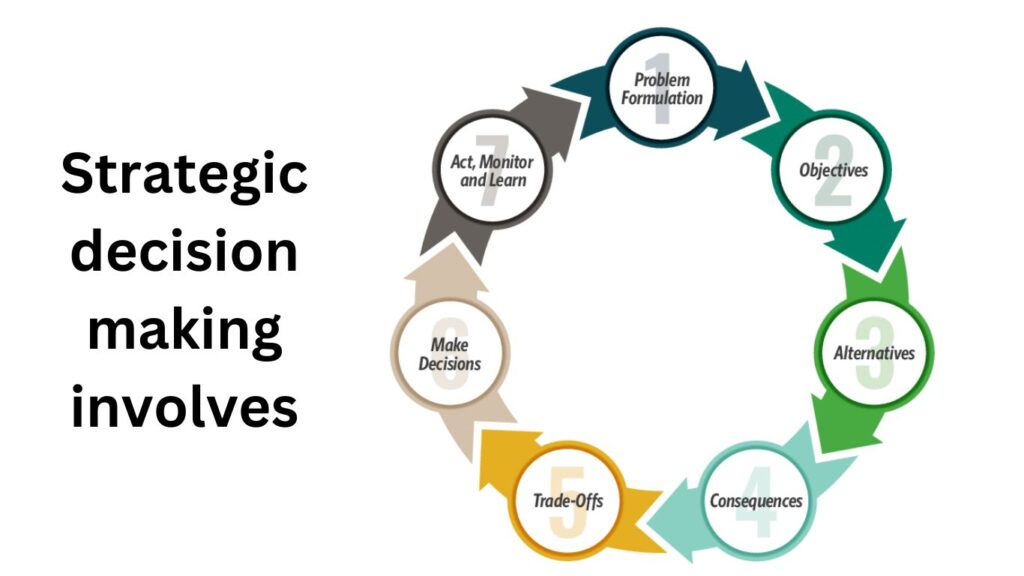Your Company’s Financial Superhero. In today’s fast-paced business world, the CFO has become a superhero. They’re not just numbered crunches anymore, they’re leading the charge in strategic decision-making and navigating complex challenges. From battling rising inflation to harnessing the power of new technologies, CFOs need a toolkit full of strategies to ensure their company’s Financial reporting success. This article delves into the 5 biggest challenges today’s CFOs face and equips them with actionable solutions to conquer them.
Challenge 1: Managing Cash Flow Effectively

For CFOs, ensuring strong cash flow management is the lifeblood of their organization’s financial health and growth. Without it, businesses risk running dry and struggling to meet obligations. To overcome this critical challenge, CFOs can implement the following strategies
1.1 Cash Flow Forecasting: Develop accurate cash flow forecasts, including financial reporting, to anticipate cash inflows and outflows, enabling proactive decision-making and resource allocation.
1.2 Working Capital Optimization: Optimize working capital management, including financial reporting, by efficiently managing accounts receivable, accounts payable, and inventory levels to maximize liquidity and minimize financial risks.
1.3 Payment Terms Negotiation: Establish clear and favourable payment terms with vendors and customers to maintain a healthy cash flow and strengthen relationships within the supply chain.
Challenge 2: Balancing Risk Management and Growth

Balancing risk management with growth is a delicate balancing act that CFOs must master to drive sustainable business expansion while safeguarding against potential risks. To strike this balance effectively, CFOs can adopt the following approaches:
2.1 Risk Assessment: Conduct comprehensive risk assessments to identify and evaluate potential risks across financial, operational, and strategic domains, enabling informed decision-making and risk mitigation.
2.2 Risk Mitigation Strategies: Implement risk mitigation strategies such as diversification of investments, insurance coverage, and hedging techniques to minimize exposure to unforeseen risks and uncertainties.
2.3 Risk-Aware Culture: Foster a risk-aware culture within the organization by promoting transparency, accountability, and open communication regarding risk management practices and protocols.
Challenge 3: Leveraging Technology for Financial Reporting

Leveraging technology for financial reporting is essential for CFOs to enhance operational efficiency, data accuracy, and strategic decision-making. By harnessing advanced financial technologies, CFOs can streamline financial reporting processes and drive organizational performance. Key strategies include:
3.1 Financial Software Integration: Implement integrated financial software solutions to automate routine financial tasks, streamline reporting processes, and enhance data accuracy and consistency.
3.2 Automation Tools: Utilize automation tools for data collection, analysis, and reporting to reduce manual errors, improve efficiency, and enable real-time access to financial insights and performance metrics.
3.3 Data Analytics: Embrace data analytics tools and techniques to extract actionable insights from financial data, identify trends, patterns, and opportunities, and support data-driven decision-making across the organization.Challenge
Challenge 4: Navigating Regulatory Compliance

Staying compliant with a complex web of regulatory requirements is a critical challenge for CFOs, as non-compliance can lead to legal repercussions, financial penalties, and reputational damage. To navigate regulatory compliance effectively, CFOs should focus on the following strategies:
4.1 Regulatory Monitoring: Stay informed about regulatory changes, updates, and developments relevant to the industry and the organization to ensure timely compliance and adherence to legal requirements.
4.2 Compliance Framework: Establish a robust compliance framework encompassing policies, procedures, and controls to monitor, assess, and mitigate compliance risks effectively and promote a culture of compliance within the organization.
4.3 Auditing and Monitoring: Conduct regular internal audits, reviews, and monitoring activities to assess compliance levels, identify potential gaps or issues, and implement corrective actions to address non-compliance issues promptly.
Challenge 5: Strategic Decision-Making in a Volatile Market

In a volatile and uncertain market environment, CFOs face the challenge of making strategic decisions that drive sustainable growth and profitability amidst fluctuating economic conditions. To navigate this challenge successfully, CFOs can adopt the following strategies:
5.1 Scenario Planning: Engage in scenario planning exercises to anticipate and prepare for various market scenarios, risks, and opportunities, enabling proactive decision-making and strategic alignment with organizational goals.
5.2 Market Trend Analysis: Monitor market trends, economic indicators, and competitive dynamics to identify emerging opportunities, threats, and market shifts that may impact the organization’s financial performance and strategic direction.
5.3 Cross-Functional Collaboration: Foster collaboration and communication with other business functions, such as marketing, operations, and sales, to gain holistic insights, perspectives, and inputs that inform strategic decision-making and drive cross-functional alignment.
In conclusion, the role of a CFO is multifaceted, demanding strategic acumen, financial expertise, and resilience to overcome the myriad challenges inherent in today’s business landscape. By addressing the five biggest challenges faced by today’s CFOs managing cash flow effectively, balancing risk management and growth, leveraging technology for financial reporting, navigating regulatory compliance, and making strategic decisions in a volatile market CFOs can enhance their effectiveness, drive organizational performance, and lead their organizations towards sustainable success in an increasingly complex and competitive environment.


